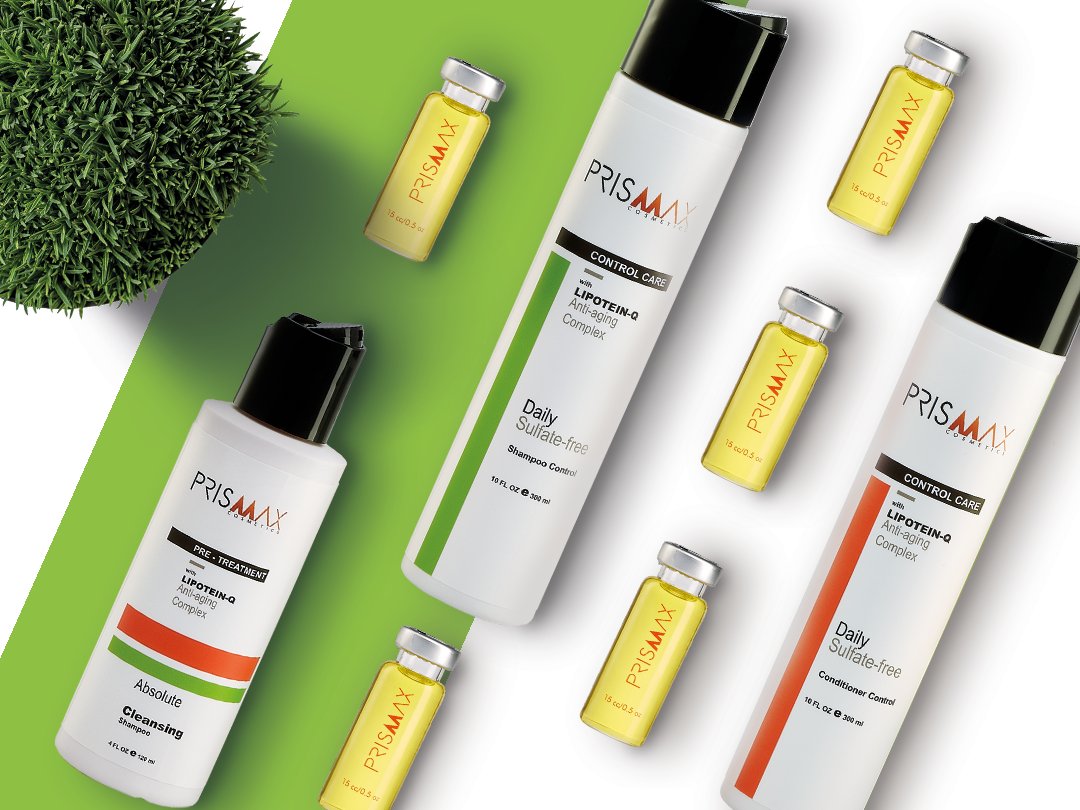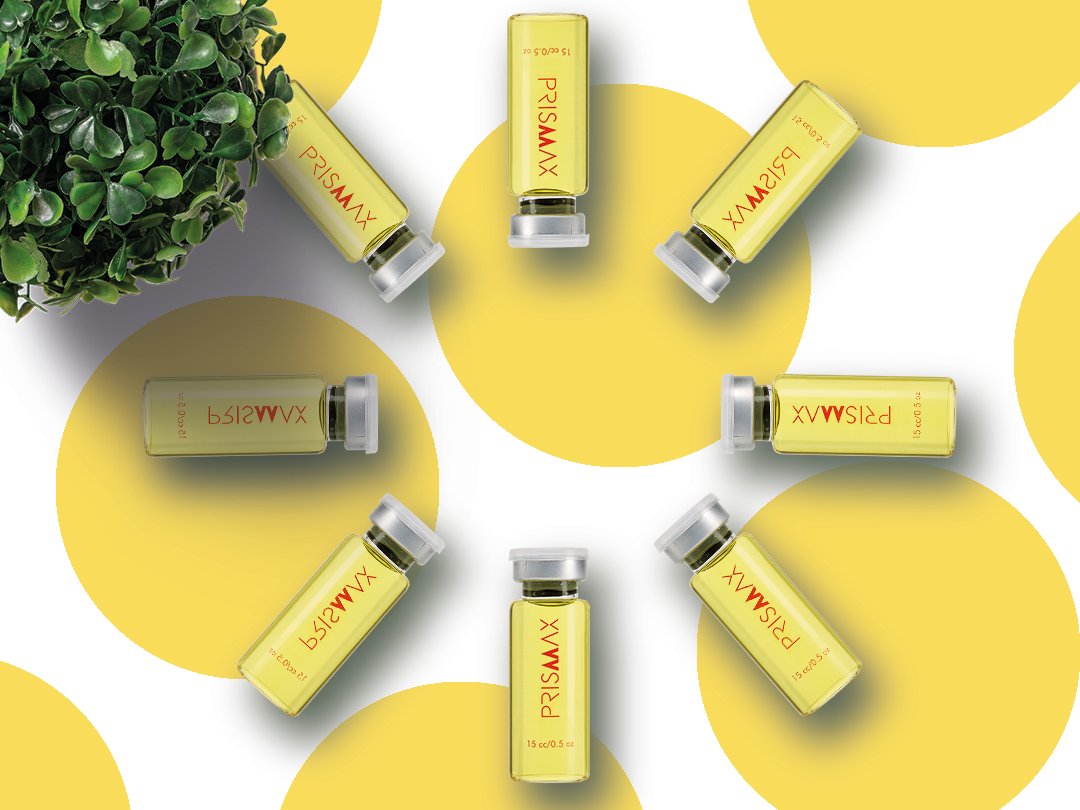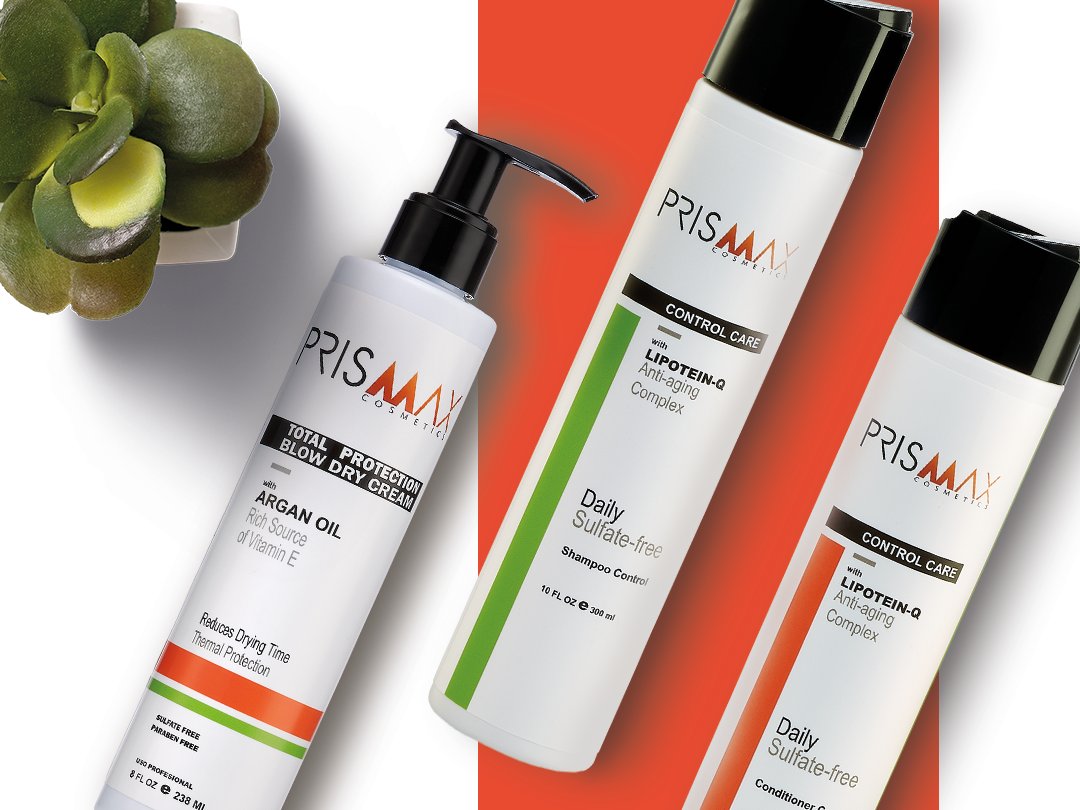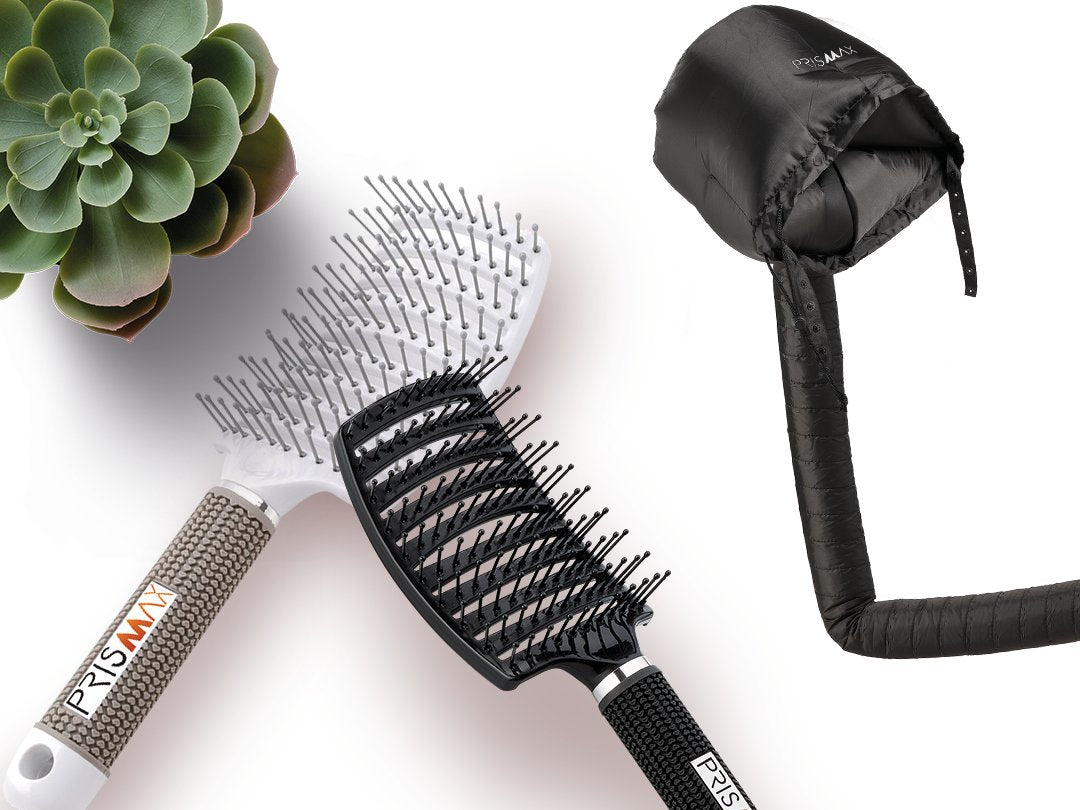Should You Wash Your Hair With Hot Water or Cold Water?

Water temperature is probably not the first thing you think about when it comes to hair care. If you’re like most women, you probably hop in the shower and blast that hot water because it feels so good! But after doing some research on the effect of hot and cold water on the hair, you might want to think twice about which way you turn the dial. Here are some tips on how to wash your hair with both hot and cold water.
Hot Water
PRO: Rinses Away Dirt and Oil
Hot water and steam naturally open the pores, which is great for exfoliating and removing the oil from your skin. If you have a very oily scalp, washing with hot water can be beneficial. Warm water allows the dirt and hair product that has accumulated on your scalp to escape the pores and be rinsed away. It’s especially important to cleanse your hair of all hair products for your next styling. Overall, warm water might be more beneficial for washing your hair.
CON: May Result in Overly Porous Hair
Aforementioned, hot water opens up the pores and the cuticle of your hair shaft. That being said, rinsing your hair with hot water too often can leave the hair overly porous, causing it to be dry and brittle. Unfortunately, hot water seems to be a double-edged sword. Just as hot water helps to rinse away oil and dirt, it also strips your hair of its natural oils. The sebaceous glands in your skin produce natural oils called “sebum” that are essential for your hair’s health. Sebum gives the hair shine and strength, both of which are vital for beautiful hair.
CON: Causes Frizz
Heat causes frizzy hair, and hot water is no exception. No matter what your hair type, the hair needs moisture to stay frizz free. Because hot water can strip the hair of natural oils, moisture escapes the hair shaft and results in frizz. If your hair is especially prone to frizz, you might want to turn off the hot water.
Cold Water
PRO: Seals the Moisture in Your Hair
Just the opposite of hot water, cold water closes the pores and prevents dirt from entering and accumulating on the scalp. Not only does it close the pores, it also closes the hair cuticle, sealing in moisture from the conditioner that you applied to your hair. Whereas hot water can remove the moisture from your hair, cold water retains the moisture and the natural sebum that’s so beneficial. Don’t forget, more moisture means less frizz. Cold water retains your hair’s moisture, leaving your hair less prone to frizz.
PRO: Increases Shine
Sometimes stylists like to finish blow drying with a blast of cold air because it leaves the hair shiny. The same concept can be applied to a cold water rinse. Cold water is known to smooth the hair by closing the scales of your hair cuticle, which in turn prevents frizz and adds luster to your locks.
CON: Flattens Hair
Because cold water leaves the hair smooth, it can also flatten your hair if you have a naturally thin texture. If your hair lacks in volume, or if you live in a particularly arid environment, rinsing your hair with cold water might result in flat hair and curls with no bounce.
So What Should You Do?
So what’s the final verdict on how to wash your hair? Hot water is better for rinsing hair of dirt and grease, but it dries the strands. Cold water, on the other hand, adds shine, seals in moisture, and prevents frizz. The solution?
- Cleanse, condition, and detangle your hair with WARM water, never hot. Hot water only causes more harm than good.
- When you’re ready to rinse out the conditioner, turn the dial to COOL and run it over your hair for a final rinse.
If you’re the type of person who just can't stand using cold water in the shower, but feel that cold water is best for your hair, try using a shower cap during your warm showers. When it’s time to wash your hair, sit on the tub and rinse your hair beneath the faucet of cold water. Your hair can still reap the benefits without you having to shiver in the shower.
Did you notice a difference? If you’ve tried rinsing with cold water, we'd love to hear about your results!











Leave a comment